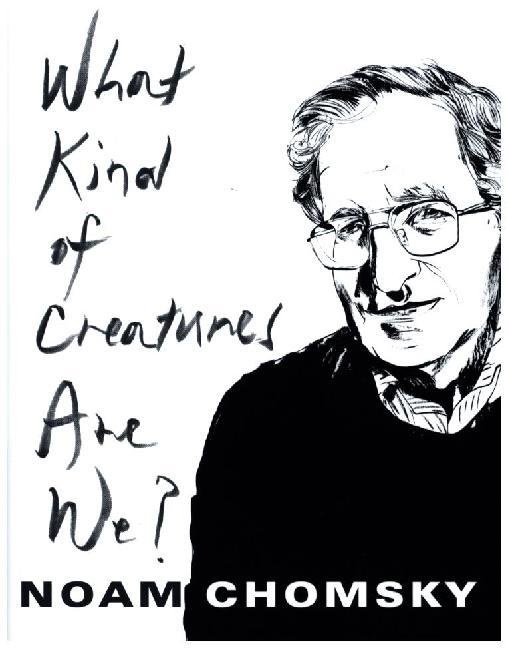Read more
In clear, precise, and non-technical language, Chomsky elaborates on fifty years of scientific development in the study of language, sketching how his own work has implications for the origins of language, the close relations that language bears to thought, and its eventual biological basis. He expounds and criticizes many alternative theories, such as those that emphasize the social, the communicative, and the referential aspects of language. Chomsky reviews how new discoveries about language overcome what seemed to be highly problematic assumptions in the past. He also investigates the apparent scope and limits of human cognitive capacities and what the human mind can seriously investigate, in the light of history of science and philosophical reflection and current understanding. Moving from language and mind to society and politics, he concludes with a searching exploration and philosophical defense of a position he describes as "libertarian socialism," tracing its links to anarchism and the ideas of John Dewey, and even briefly to the ideas of Marx and Mill, demonstrating its conceptual growth out of our historical past and urgent relation to matters of the present.
List of contents
Foreword
1. What Is Language?
2. What Can We Understand?
3. What Is the Common Good?
4. The Mysteries of Nature: How Deeply Hidden?
Notes
Index
About the author
Noam Chomsky, geb. am 7. Dezember 1928, ist seit 1961 als Professor am Massachusetts Institute of Technology, MIT, tätig; seine Bücher über Linguistik, Philosophie und Politik erschienen in allen wichtigen Sprachen der Erde. Noam Chomsky hat seit den sechziger Jahren unsere Vorstellungen über Sprache und Denken revolutioniert. Zugleich ist er einer der schärfsten Kritiker der gegenwärtigen Weltordnung und des US-Imperialismus. Im Jahr 2010 wurde Noam Chomsky mit dem Erich-Fromm-Preis ausgezeichnet, 2014 mit dem Myschkin-Preis.
Report
"Chomsky's writings invariably reflect the force of intellect and cogency of thought that befits one of the greatest thinkers of our times -- this work is no exception." Robert May, Distinguished Professor of Philosophy & Linguistics, University of California, Davis

